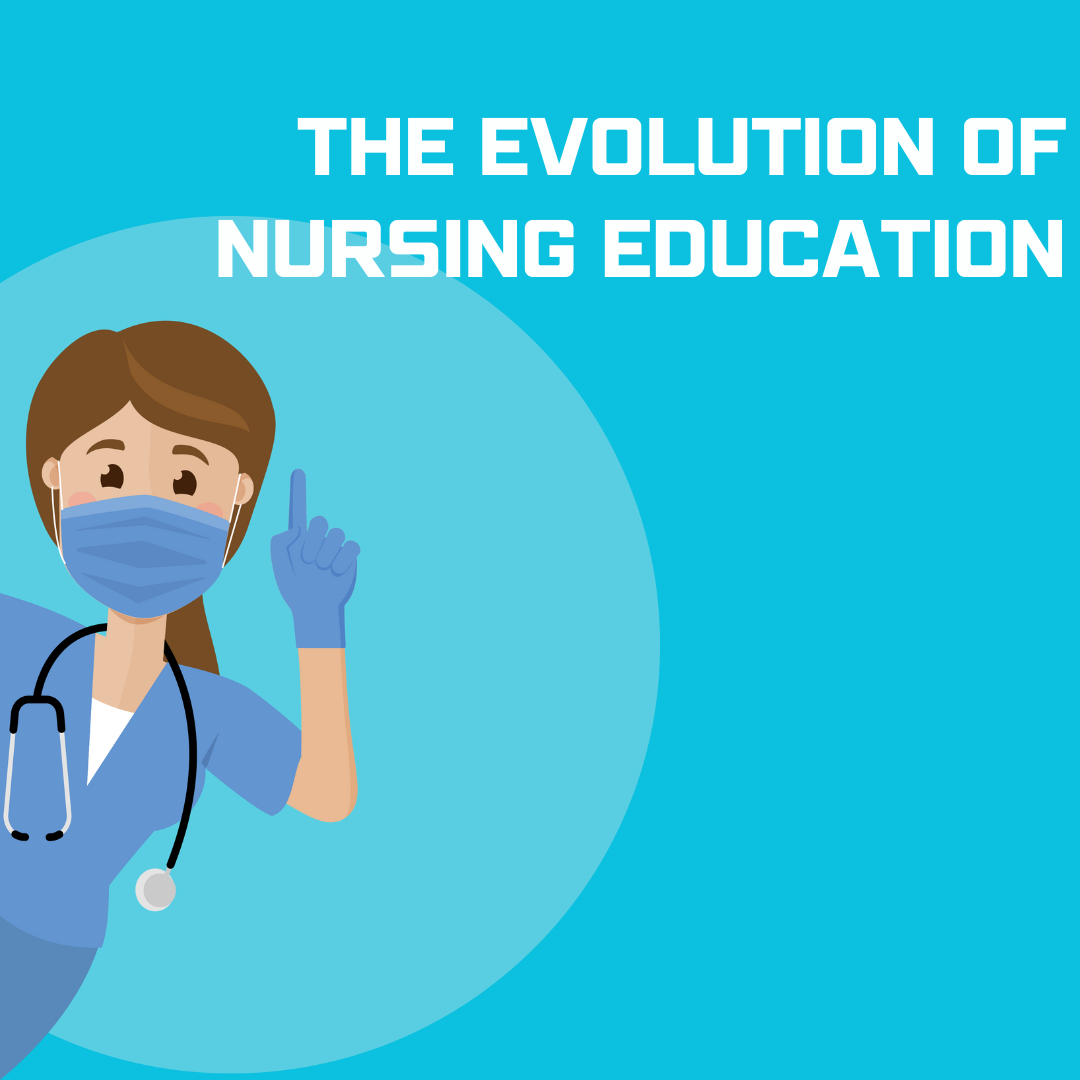"Education is the most powerful weapon which you can use to change the world"
- Nelson Mandela.
Early in Australia's nursing history education consisted largely of apprenticeship style training in the public system. Students received a small salary, food and board (1). It’s no surprise that improvements to health services over the past decades coincide with improvements in the education of nurses, midwives and paramedics (2). However, nursing has perhaps the strongest tradition and history of all health professions. This perhaps has contributed to change within the profession being more incremental alongside rapid changes in other health professions. In the 1970s a greater emphasis on theoretical learning developed, and in the mid-1980s training begun migrating from hospital to university-based education (2).
By 1993 education for registered nursing was only available as a tertiary degree in Australia, with no diploma. With the introduction of tertiary education, greater scope was given to nurses and their greater knowledge meant better awareness of the conditions of patients in their care.
Another great change we have seen is the amount of information given to patients about treatment options. Gone (mostly) are the days of fear of offending the caregiver by asking them what medicine they're putting down your IV, or questioning their recommendations (3). Informed consent is a routine part of every health practitioner's practice (or it should be), and the medical world is a better place thanks to this. When health practitioners are properly educated, they have enough confidence to pass this knowledge on to their patients and more junior staff, without getting upset that their recommendations are being questioned (3). Even voluntary disclosing of information which we see more and more of, has slowly prompted patients to ask questions and discover more about their particular condition.
This is a huge step for healthcare services as it creates trust in the provider and forms a relationship between the patient, and healthcare worker. This has in turn ended in less resistance to treatment, and a greater patient satisfaction related to their stay in hospital (4). Additionally, the multiplying co-morbidities associated with the chronic health conditions burdening healthcare systems worldwide are largely contributed to by poor health literacy within the population (5). Thus, being a confident and educated clinician with an educational approach not only empowers you but also the healthcare consumer in your care.
In a world where diseases are ever more rampant and constantly evolving, education is the pillar that supports prevention of disease. Not just because health professionals are changing their practice according to the latest evidence, but because patients themselves are being empowered in their knowledge and recognition of chronic health conditions. Thus, healthcare consumers can take early steps in prevention of and response to chronic health conditions.
Education truly is a gift that keeps on giving.
- Extract from L Russell (1990). From Nightingale to Now: Nurse Education in Australia, 2005
- Webpage: Review of Australian Government Health Workforce Programs. Accessed 06/12/2021. https://www1.health.gov.au/internet/publications/publishing.nsf/Content/work-review-australian-government-health-workforce-programs-toc~chapter-7-nursing-midwifery-workforce%E2%80%93education-retention-sustainability~chapter-7-nursing-midwifery-education
- Frosch DL, May SG, Rendle KA, Tietbohl C, Elwyn G. Authoritarian physicians and patients’ fear of being labeled ‘difficult’among key obstacles to shared decision making. Health affairs. 2012 May 1;31(5):1030-8.
- De Mik SM, Stubenrouch FE, Balm R, Ubbink DT. Systematic review of shared decision-making in surgery. Journal of British Surgery. 2018 Dec;105(13):1721-30.
- Liu L, Qian X, Chen Z, He T. Health literacy and its effect on chronic disease prevention: evidence from China’s data. BMC public health. 2020 Dec;20:1-4.

